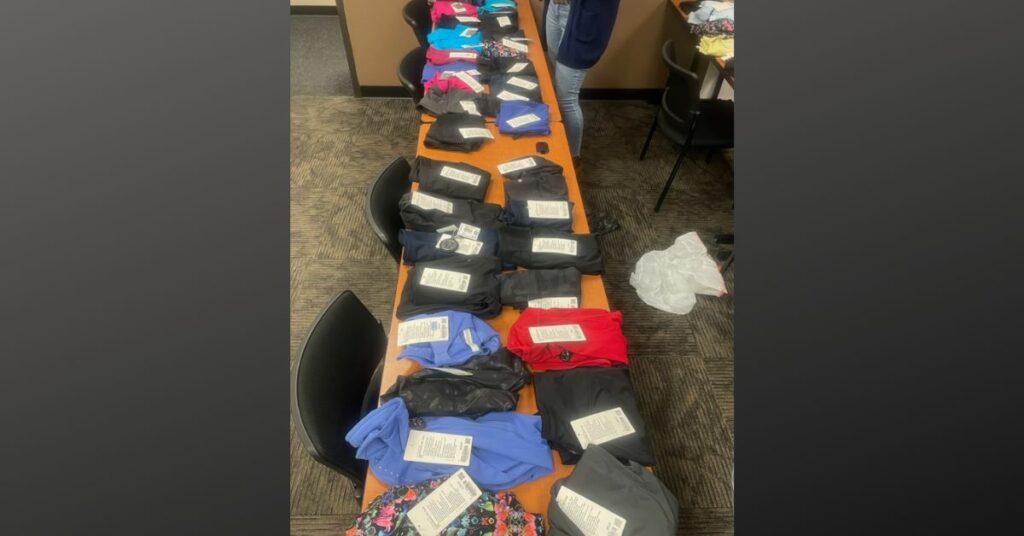A measure has been introduced in the state legislature to assist better those in Oregon who have suffered a traumatic brain injury (TBI). David Nichols, who had a TBI after being injured while rock climbing five years ago, said, “Every TBI is different, and for me, the biggest challenges are balance and coordination.”
Many politicians were moved to tears by his and his mother, Kathryn Nichols’ statement in favor of Senate Bill 420 at an April 5 meeting. “We got a call from the ER at Harborview in Seattle; we were told to drive up immediately as our son was not likely to survive the extensive bleeding in his brain,” she said.
“We were advised to pursue organ donation and to consider taking him off life support, but we did not take their advice.” David Nichols claimed to have been an engineer on the Boeing 777X before the crash.

“I was 24 at the time, and I saw the world ahead of me with great promise,” he said. “If there is good news with brain injury, it is that with the right supports and services at critical times, the brain can rebuild itself.”
Many Oregonians who have survived traumatic brain injuries may find it challenging to get the help they need. According to David Kracke, Oregon’s coordinator of brain injury advocacy, the typical TBI survivor would need 12 distinct sorts of support. Oregon has no point of contact for finding and contacting such resources.
“It fell to me to be Dave’s case manager and to devise a plan for his ongoing recovery. I had spent my life working in state and local government as an auditor and a researcher, and I knew my way around many of the programs and services that brain injury survivors need. Still, I can tell you it wasn’t easy for me either,” Kathryn Nichols said.
The most recent information on happenings at Oregon State is as follows:
- Oregon’s Bottle Law Will Return 2 Billion Bottles to Shops by 2022.
- Burger King Whoppers Helped Normalize a Prison in Oregon.
The Nichols are lobbying for a measure that would provide the Oregon Department of Human Services $2,297,077 in the 2023-25 budget year and $2,398,275 in the 2025-27 budget year to establish a navigation center to assist families in locating and gaining access to TBI recovery programs.
According to studies, high percentages of homeless people and those in prison have a history of traumatic brain injury (TBI). TBI survivors are more likely to have mental health problems, including depression and suicidal thoughts, if they do not get timely and appropriate therapies.
( Source Link )





